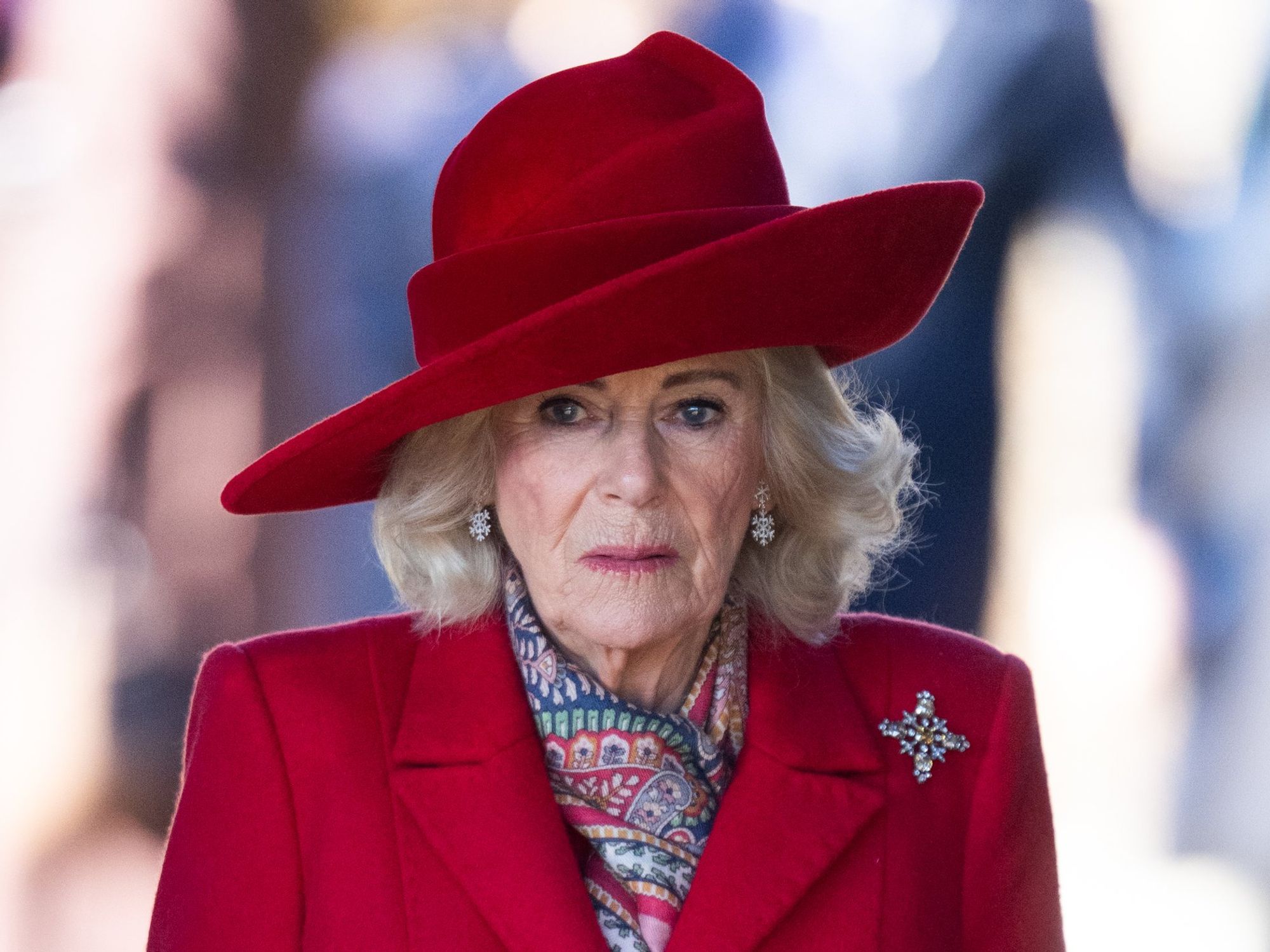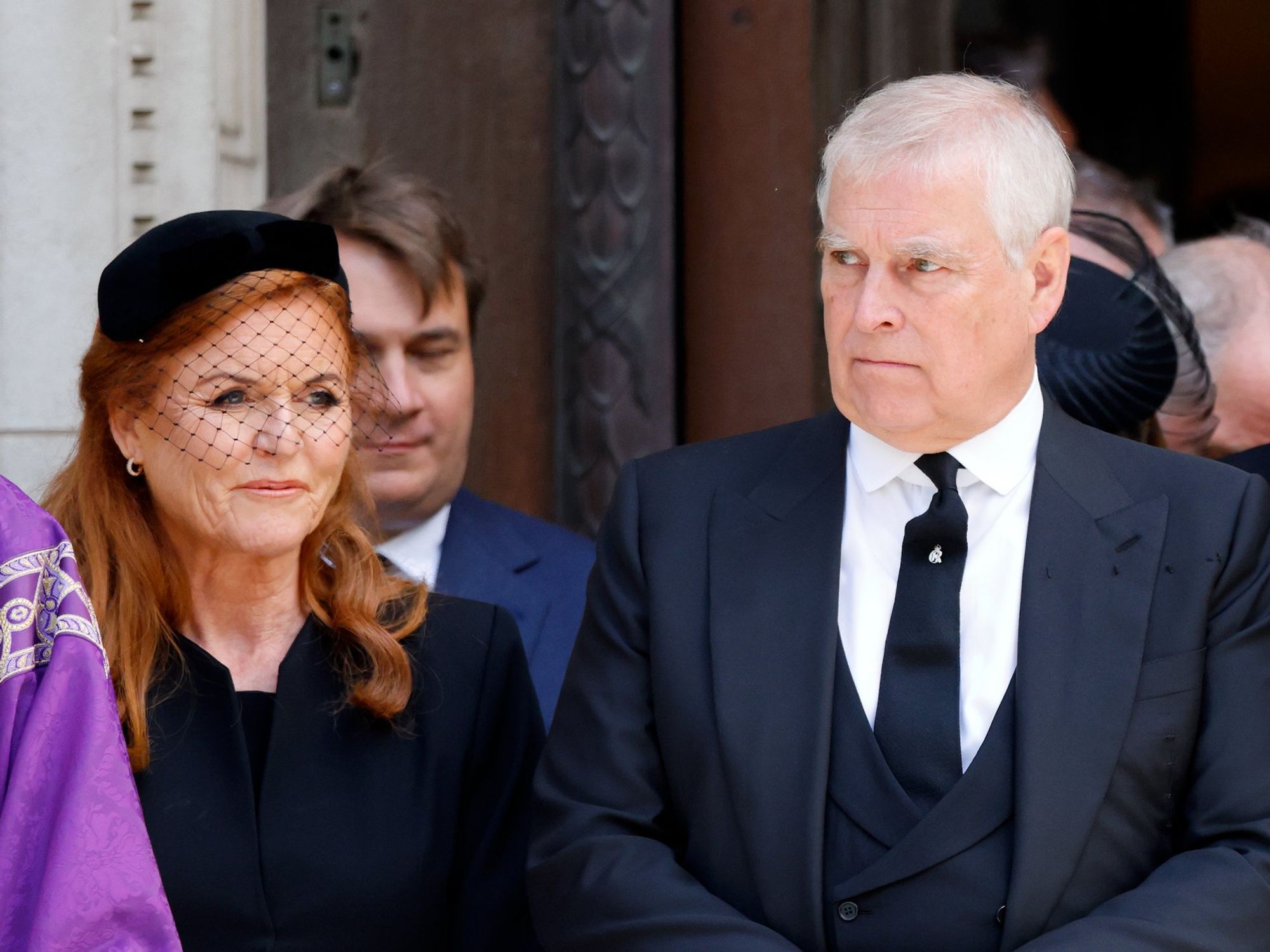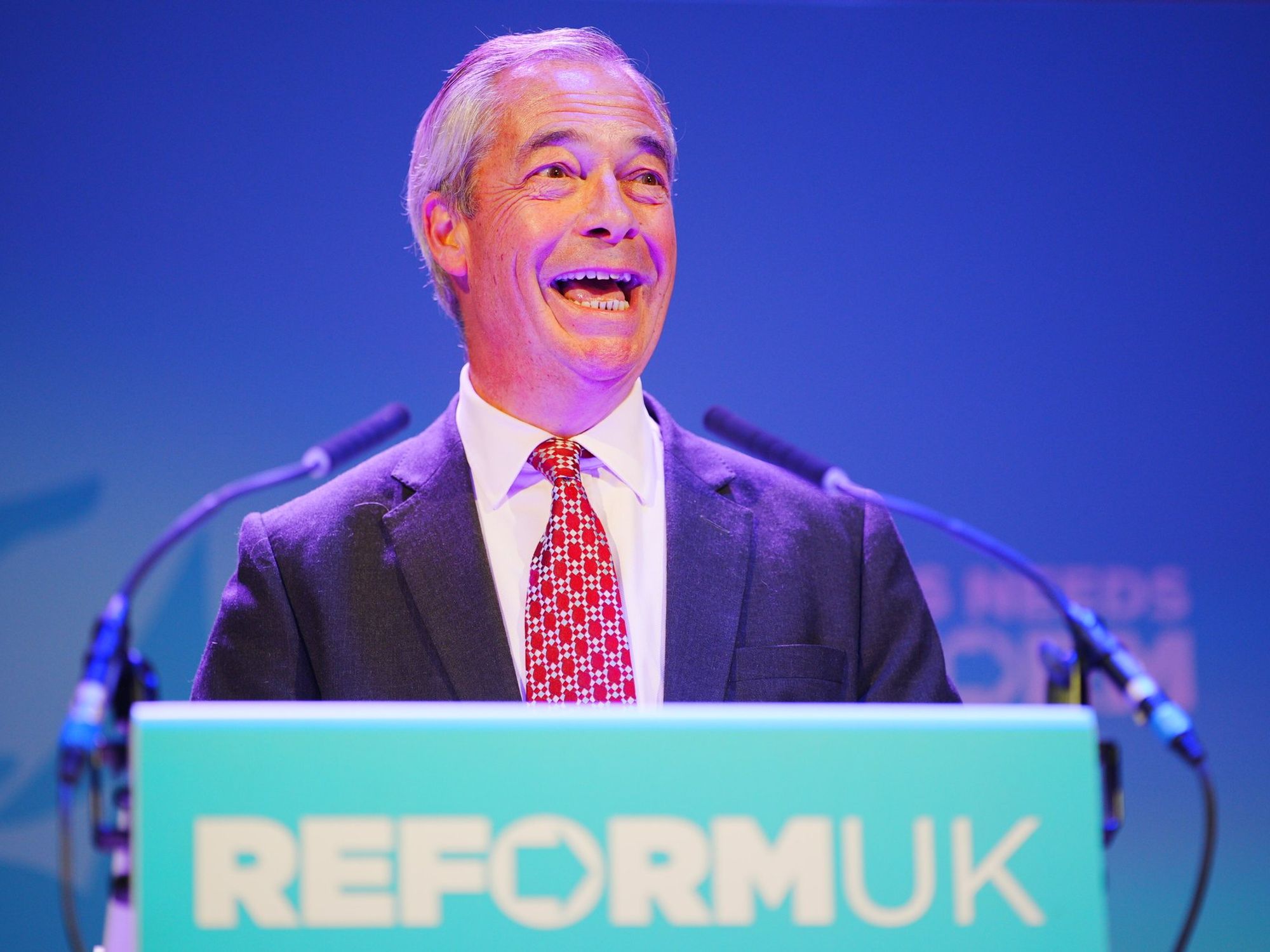Candidates criticised for supporting ‘Sikh manifesto’ with controversial independence demand
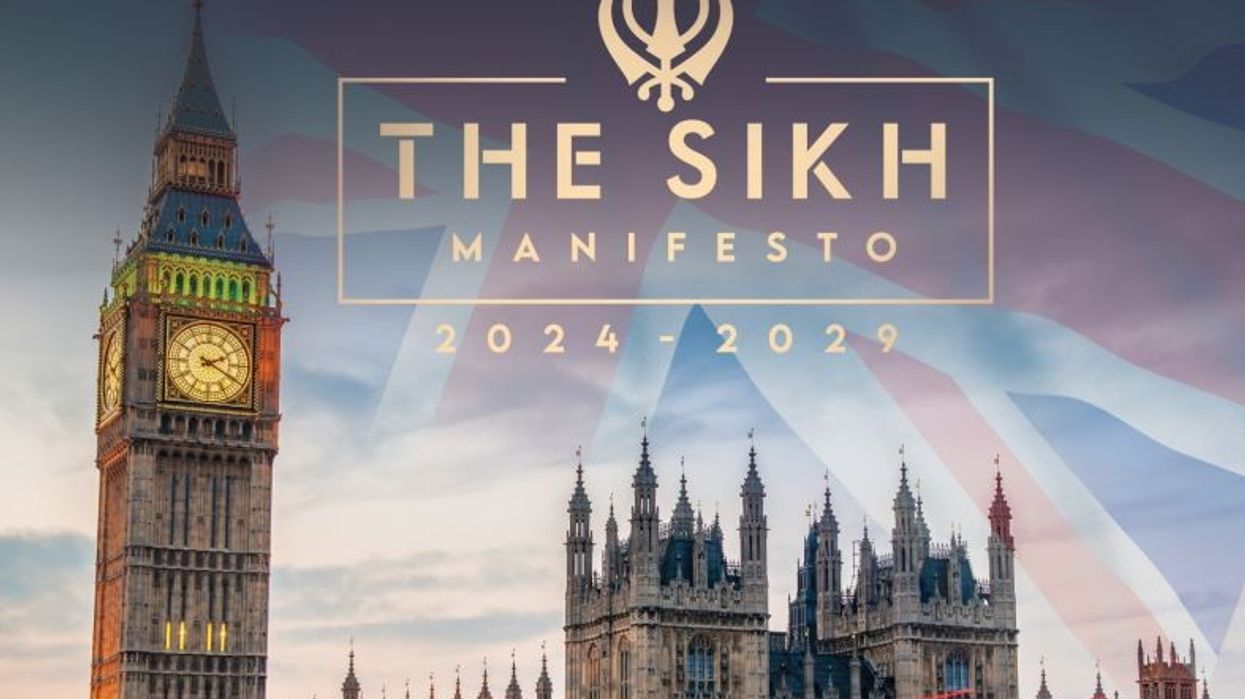
A number of election candidates have supported the 'Sikh manifesto'
|Sikh Manifesto

Sectional demands are ‘aggravating an old wound’, warns researcher
Don't Miss
Most Read
General Election candidates have come under criticism for supporting a “Sikh Manifesto” that contains controversial statements on geopolitics and hate crimes.
The manifesto contains 10 demands, including the “application of self-determination to the Sikhs”, understood to be a reference to the ongoing campaign for a Sikh ethnostate in the Punjab region of India and Pakistan.
The manifesto calls for the Government to “join other countries to challenge India at the UN to withdraw its ‘reservation’ around territorial integrity arguing that self-determination does not apply to people within India.”
It added that “the freedom struggle for Sikh independence is very much alive and supported by the people of Panjab.”
The controversial statements come after the Sikh Federation - which has supported the manifesto - said in its annual report last year that “our focus will always be … the goal of the re-establishment of a Sikh homeland that will come about with the break-up of India and Pakistan before they reach their centenary.”
In a direct message to this broadcaster, the Sikh Federation said that the manifesto “makes clear Sikhs are no different with many others on the big issues, but this supplements specific concerns of Sikhs.”
The message added: “The only controversial points are calling out the Tories (Rishi Sunak) for always appeasing the Indian Govt and highlighting issues that will bother the Indian Govt.”
The manifesto has been publicly supported by several candidates in the election, including senior Conservatives and Labour representatives.
Angela Rayner visited the Gurdwara in Gravesend last month, with the Sikh Federation claiming that Labour had given “specific assurances” on several points, including a recognition of “anti-Sikh hate in a similar fashion to Anti-Semitism and Islamophobia” and to “stop demonisation of British Sikhs to appease India.”
The list of assurances the federation claimed it had received from the Labour Party did not contain any reference to self-determination or Khalistan.
Several Labour candidates have since been photographed with the manifesto, including Sarah Coombes for West Bromwich and Coventry candidates Zarah Sultana, Taiwo Owatemi and Mary Creagh.
Leading Conservatives have also supported the Sikh Manifesto. Guy Opperman, the candidate for Hexham, was photographed holding the document.
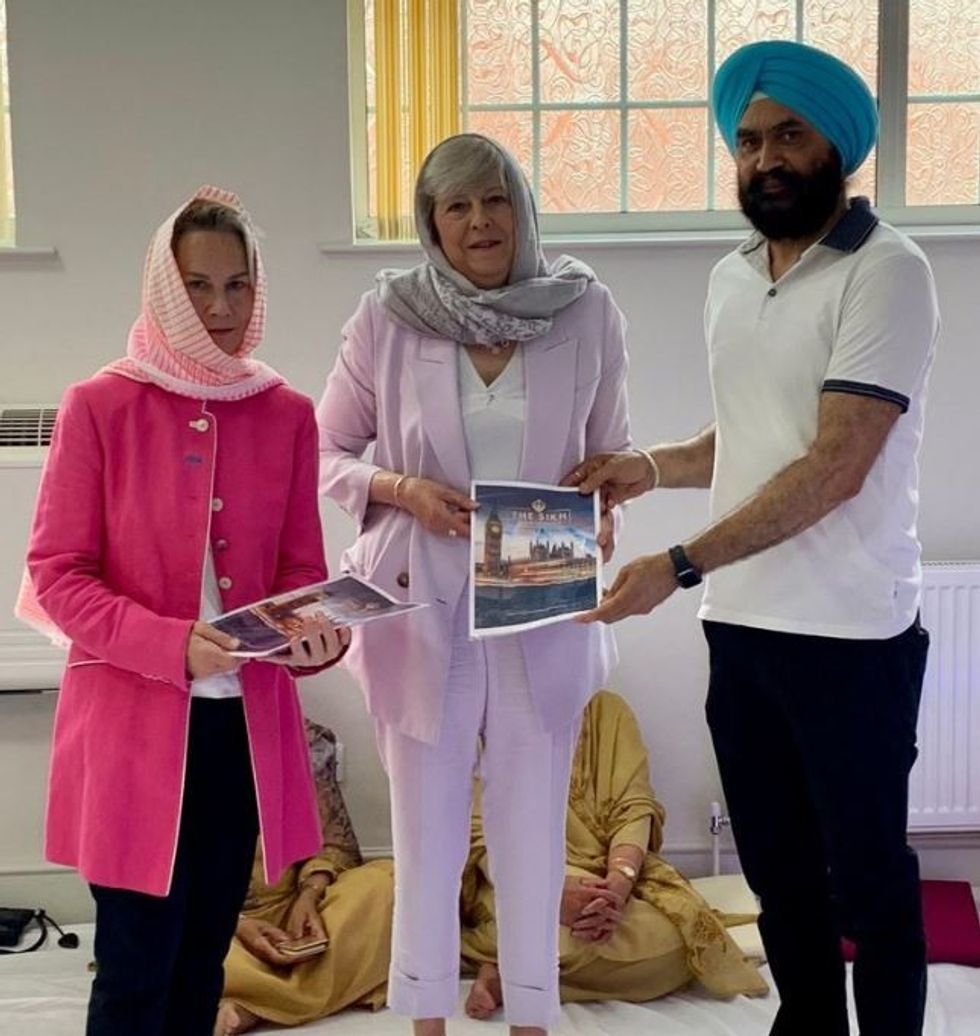
Theresa May photographed holding the Sikh Manifesto
|Sikh manifesto
Theresa May was photographed with the manifesto alongside her replacement in Maidenhead, Dr Tania Mathias, despite the document heavily criticising the Conservatives.
Caroline Nokes, the Tory candidate for Romsey and Southampton North, was also seen holding the manifesto on a visit.
The endorsements come after a press release last month, in which the Sikh Federation accused Conservative politicians of “appalling xenophobic and unacceptable actions towards Sikhs” and the “deliberate demonisation of Sikhs to appease the Indian government.”
Other Sikh groups have challenged the authority of the Sikh manifesto.
A spokesperson from the Network of Sikh Organisations, an umbrella group that links more than 130 UK gurdwaras and other UK Sikh organisations, told GB News: “It is important for politicians to recognise that not all Sikhs speak with the same voice and only policy proposals which promote equality for all are consistent with Sikh teachings.”
Researcher Charlotte Littlewood told GB News that the manifesto’s demands on self-determination risked aggravating a tense geopolitical issue.
“Self determination in Punjab is what the Sikh Manifesto wants. It is calling for a landlocked Sikh ethnostate to the detriment of all others living there.”
She added: “This is aggravating an old wound that has seen insecurity tear apart the region, with multiple acts of global terrorism committed by militants who want the same outcome.”
Ms Littlewood said that candidates endorsing this manifesto and others, such as the Hindu Manifesto, is “a reflection of the very sorry state our democracy is in, increasingly at the mercy of religio-communal voting blocs and the self-elected bullies engaged in lobbying for them.”
Sam Bidwell, a Conservative campaigner, said: "The Sikh Manifesto, which calls for the UK to take a particular position on the contentious Khalistan issue, is a sectarian document that doesn't reflect our national interest. The rise in this kind of sectarian campaigning should concern us all."
The document, organised by The Sikh Network with support from the Sikh Federation UK, also contains demands to recognise “anti-Sikh hate” in the same way as antisemitism or Islamophobia.
“The UK Government has to date intentionally been almost entirely focused on Anti-Semitism and Islamophobia and deliberately ignoring ‘Anti-Sikh hate’,” the document claims.
It claims that the lack of “an official term for hate crimes committed against Sikhs and subsequent lack of definition of such a term” is a “contributing factor” to why hate crimes against Sikhs are “largely unnoticed, unreported and unrecorded.”
Stephen Evans, chief executive of the National Secular Society, said: “Sectional interests are entitled to argue their case but calls for specific religions to be singled out for special protection under hate crime legislation risks chilling free speech and inevitably leads to sectarian squabbling and competitive grievance.
“A more universalist approach is needed to ensure legislators send the clear message that every individual is valued and protected equally under the law.”
Dabinderjit Singh OBE, Principal Adviser to the Sikh Federation UK, said: “Candidates and leaders of political parties who have read the Sikh Manifesto have universally welcomed it as an invaluable reference document setting out legitimate concerns of British Sikhs and calling for fair treatment and a level playing field.”He added: “The section on Anti-Sikh hate crimes is not demanding any special laws, but equality of treatment with regards to others subject to hate based on the religion and/or ethnicity recognised in British case law for over 40 years.”The Sikh Manifesto is part of a wider trend of sectional campaigning during this election.Other groups have promoted their own ethnic or religious concerns, with a Hindu network releasing the “Hindu Manifesto,” which received support from Conservative and Labour candidates despite controversial demands for faith schools and special immigration rules for Hindus.This election has also seen the rise of the Muslim Vote organisation, which has campaigned against Labour candidates by challenging the party’s position on the ongoing Israel-Hamas conflict.The Conservatives and the Labour Party were contacted for comment.





